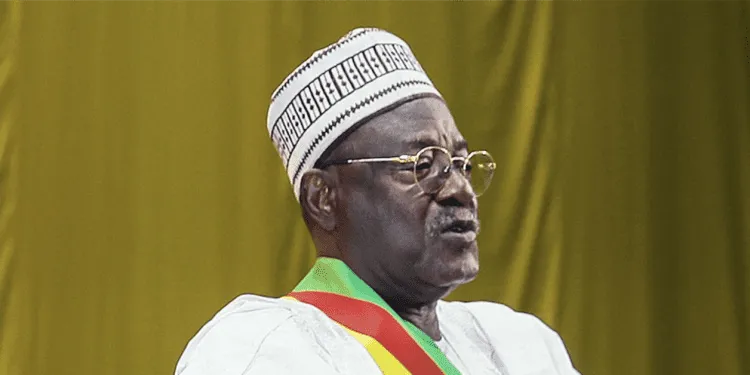The Speaker of the Cameroon National Assembly, Cavaye Yeguie Djibril, has lauded the strides made by the government towards improving the country’s Universal Health Coverage.
During the opening of the June parliamentary session on Tuesday, June 11, Cavaye expressed his appreciation for the ongoing healthcare reforms.
“I would now like to mention another subject that is close to my heart. This is Universal Health Coverage, in which Cameroon has been engaged for some time. As a reminder, this project is a major initiative personally endorsed by the President of the Republic as part of his policy of social justice and promotion of the well-being of his fellow citizens,” Cavaye stated.
He highlighted recent improvements, including the inauguration of referral hospitals in the Far North, East, and South regions, which have contributed to reducing the treatment burden for several diseases.
According to Cavaye, these enhancements are tangible evidence of progress in the healthcare sector.
“To date, the statistics relating to pre-enlistment and enlistment operations are, respectively, 3 million 177 thousand 914 people and 2 million 487 thousand 853. For the latter category, these are children from zero to five years old and pregnant women who already benefit from free treatment for cases of simple or severe malaria. Contributions for prenatal consultations and deliveries are reduced to the modest sum of 6 thousand francs, or 10% of previous rates, and dialysis sessions to 15 thousand francs per year. Which represents a rate of around 3% compared to those practised until then. These are figures that speak for themselves,” he elaborated.
Despite his praise for the government’s efforts, Cavaye condemned the disinformation and manipulation online aimed at discrediting the progress made.
He urged the government to develop a comprehensive communication strategy to inform and raise public awareness about the benefits and objectives of universal health coverage.
“I invite decentralised local authorities and the elected representatives of the nation that we are to get involved in this information and awareness process.
Furthermore, there cannot be viable universal health coverage without quality, dedicated, and committed human resources. I am therefore delighted by the calm currently reigning in the ranks of health personnel after a long period of tension. This is, without a doubt, the fruit of social dialogue carried out jointly by the authorities and the unions. I hope this dialogue continues. This is why I welcome the initiative relating to the creation of a permanent social dialogue committee within the Ministry of Public Health,” he noted.
Cavaye emphasised the need for the government to address the concerns and demands of healthcare staff, underscoring the importance of patriotism and commitment to service.
“While urging the government to ensure the resolution of the concerns and demands of staff, I would like to remind them of the need for everyone to be stationed wherever the Republic calls them. It is about respecting the oath they took. It is also an act of patriotism,” he added.
Hypocrisy in Practice?
However, despite his patriotic rhetoric, Cavaye and other high-ranking officials frequently seek medical treatment abroad, casting doubt on the quality of local healthcare services.
In October last year, the National Assembly Speaker was granted permission by the Presidency to be urgently evacuated to France for medical treatment.
This was six months after the Universal Health Coverage Scheme kicked off in Cameroon. However, it appears the UHC scheme and other health programmes in the country are inadequate for government officials like Cavaye, who continue to spend huge sums on medical evacuations abroad.
The Senate President, Marcel Niat Njifenji, is another notable example. He has made numerous trips to Europe for medical treatment, even arriving at the opening of the March parliamentary session in a medicalized jet, only to return to Europe afterward for further care.
This raises critical questions about the actual state of healthcare in Cameroon.
If the local healthcare system is indeed as improved as Cavaye claims, why do he and his peers still feel the need to seek treatment overseas?
The apparent contradiction between their public endorsements of the national healthcare system and their personal choices for medical care abroad suggests a lack of confidence in the local facilities they praise.
This inconsistency highlights the need for genuine improvements in the healthcare sector that can meet the standards expected by all citizens, including the nation’s leaders.



